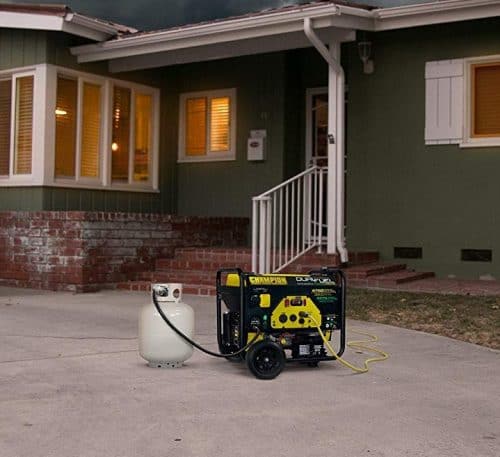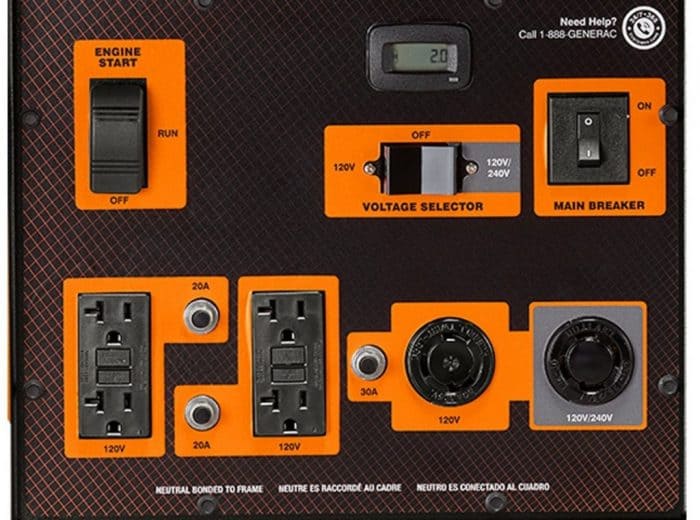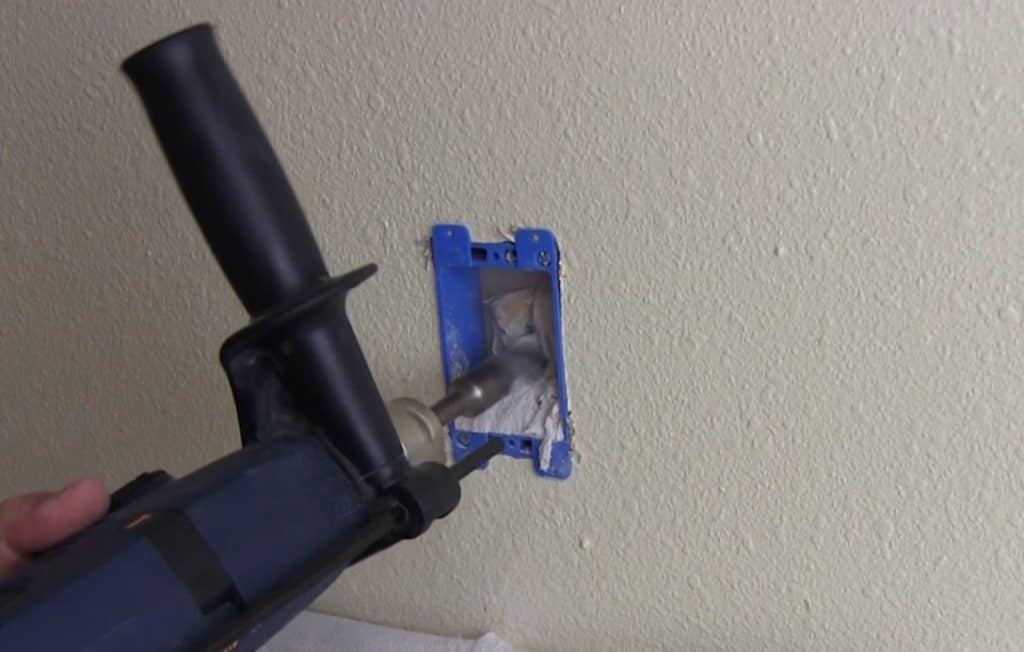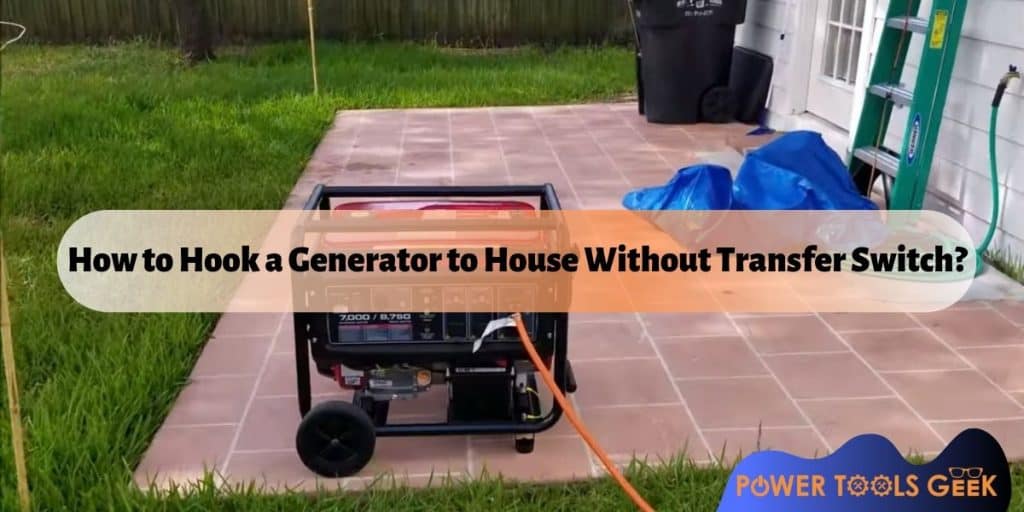How to Hook a Generator to House Without Transfer Switch?
During emergencies, most of the household owners are always in a hurry to get their generators up and running. Often, they find themselves bypassing the recommended installation procedures.
A common compromise that users tend to make is running their generators without the use of a safety switch.
While you can still connect your generator without using a transfer switch, understand that it a compromise that poses a safety hazard.

Keep in mind for your generator to run safely and effectively, you need to use a transfer switch. This switch will not only expand the devices you can power with your generator but will allow for safer operation.
However, transfer switches tend to be costly, and this is why people are always looking for alternatives, or rather how to connect their generators without using a transfer switch.
If you are looking to hook up your generator without using a transfer switch, we shall help you do that safely and reliably.
Table of Contents
Things You’ll Need
Step-By-Step Guide of Connecting a Generator to a House without a Transfer Switch
Step 1- Safety First
Before anything else, understand that using this method is at the grey line of what is generally considered unacceptable and it’s considered illegal in some states.
Whatever you do during this process, it's essential that you wear safety attire to keep you safe.
While at it, ensure that you do not use a male to male plug and do not connect your generator directly to the circuit breaker in a fuse box.
Either way, desist from connecting your generator using the above-mentioned methods as it's dangerous and can cause a fire breakout.
Step 2-Check Amperage
Now that you understand the safety precautions, the next step should be that of checking your generator plug type and amperage that is found near your plug.
Here, the plug is responsible for providing power on both sides of the breaker.
Better yet, you can read on the amperage codes on the plug, and using this; you can adjust the material accordingly.

Step 3-Drill a hole
The next step after adjusting your material accordingly is to drill a hole. This hole will serve as the entrance of the wire from the generator to your home.
When drilling the hole, make it big enough to allow a comfortable it o all your wires.
Again, the hole spot should be conveniently located, ideally in a position that will keep the generator far away from you.

Step 4- Assembling the Materials
The final step of connecting your generator is to assemble the materials; you can start by mounting the power inlet on your exterior wall.
While at it, ensure the inlet is a few feet away from the drilled hole on the wall. Once you’ve successfully mounted the power inlet, you’ll now assemble the conduit and glue them together for optimal safety.
The next step should be that of wiring the generator inlet plug. Here, you’ll need to pull a single wire from the other conduit body then push the rest of the wires.
Finally, prepare the breaker box to receive the wires, and once you install the wires and the breaker retainer, cover the breaker box.
Conclusion
Provided you have an interlock kit, hooking your generator to your house without a transfer switch should come easy.
However, if you don't have the know-how, especially the wiring knowledge, we suggest that you hire an electrician to wire the generator for you.

